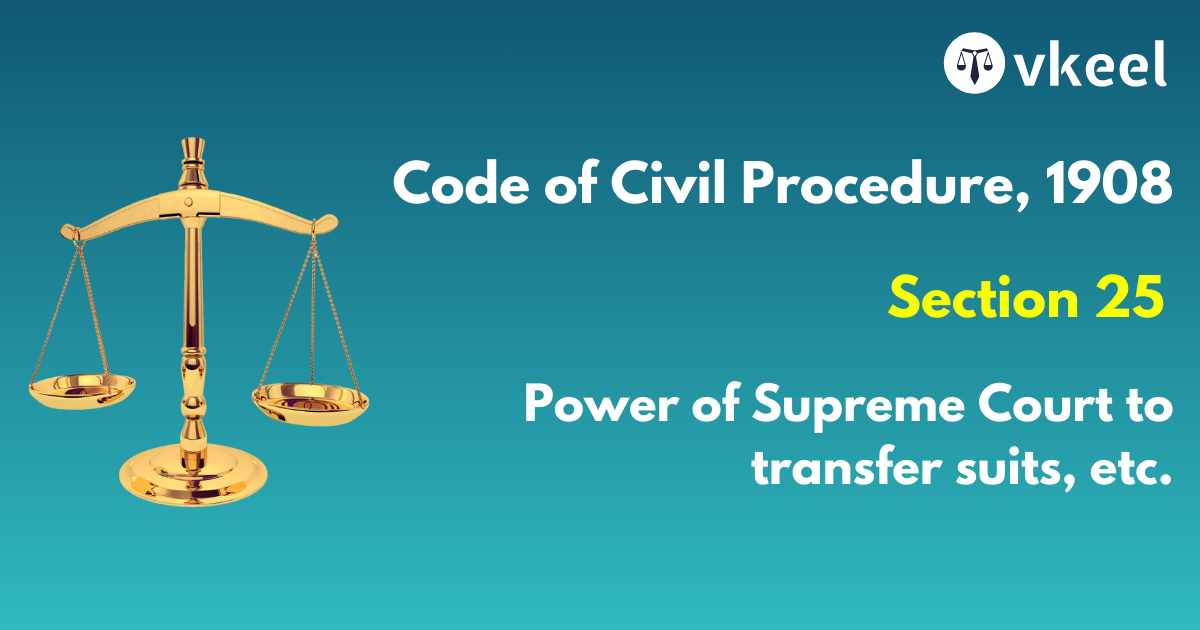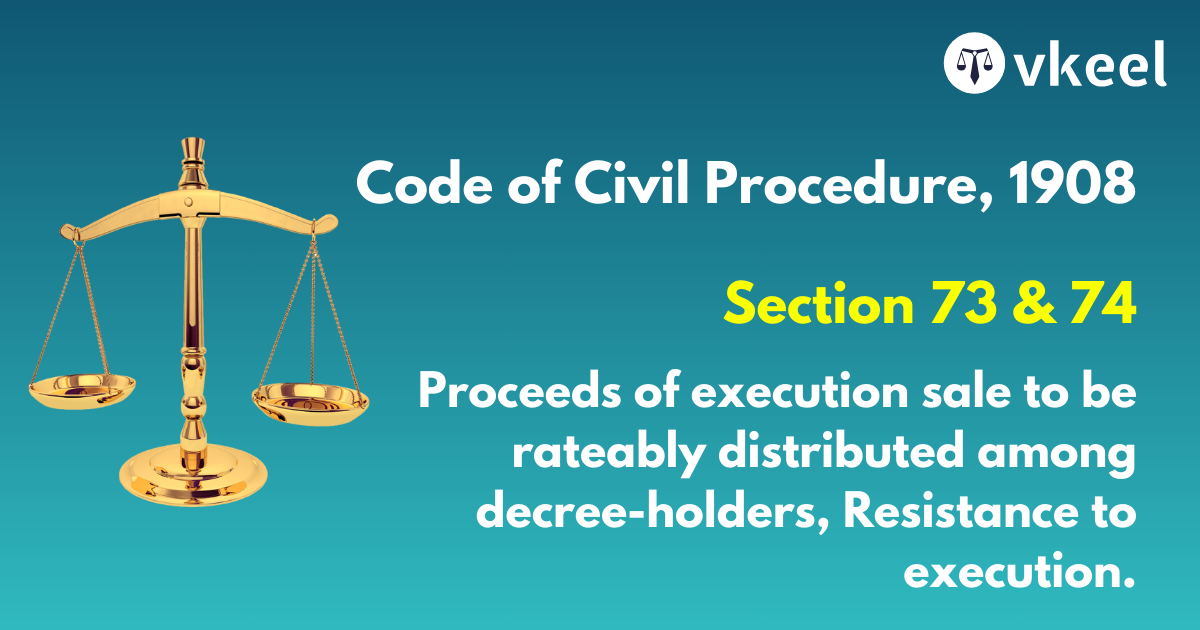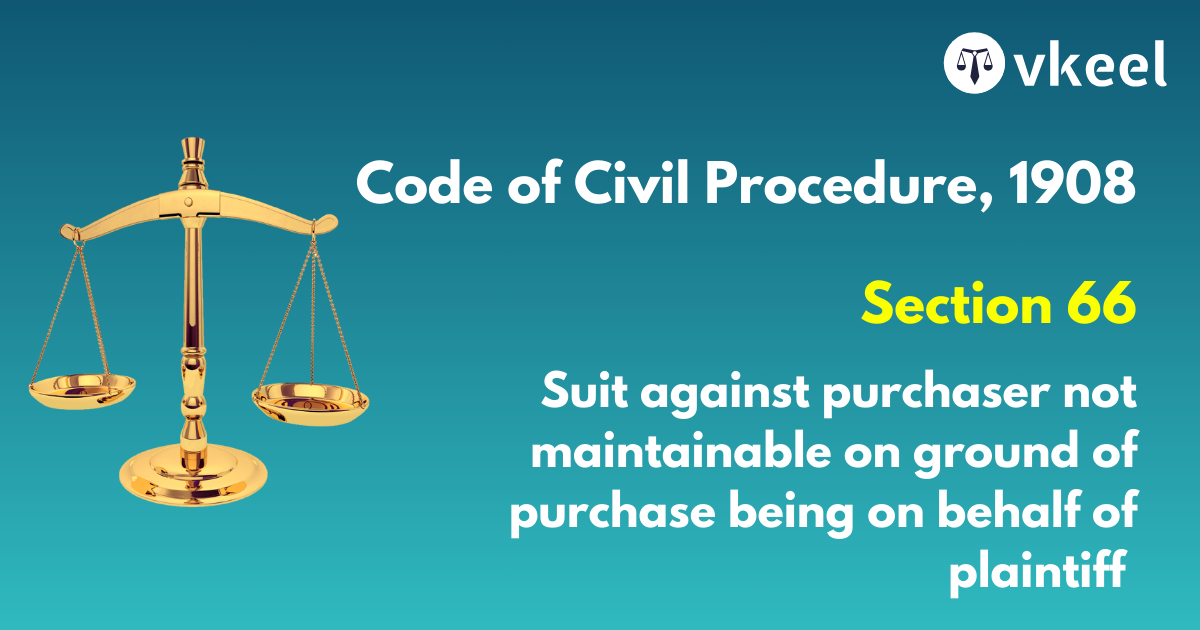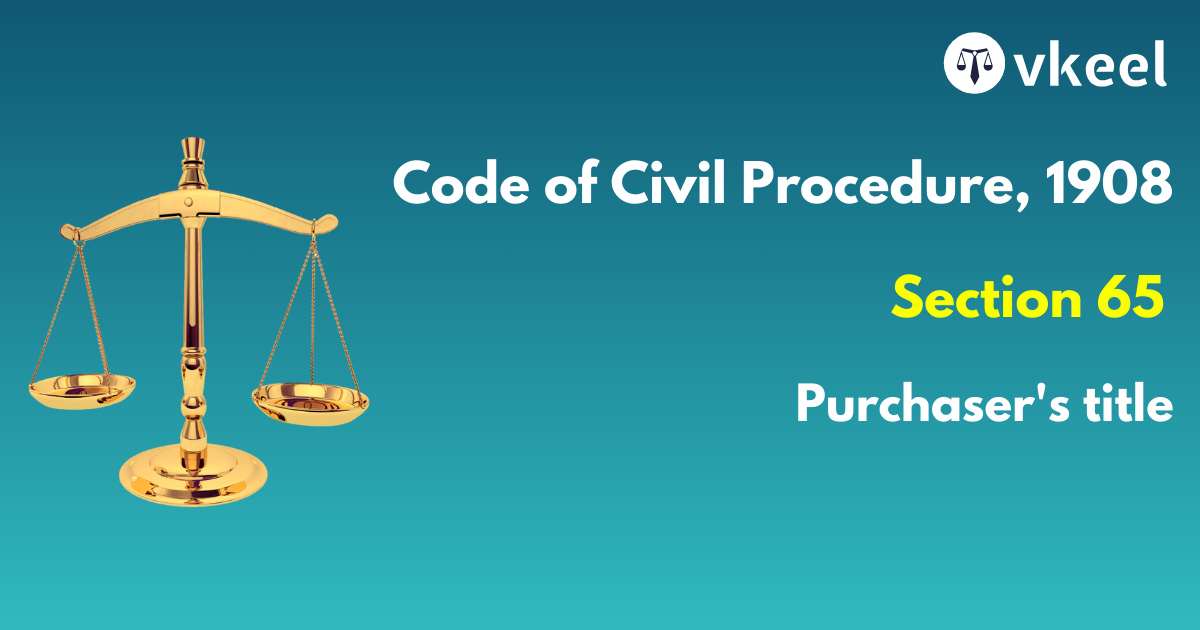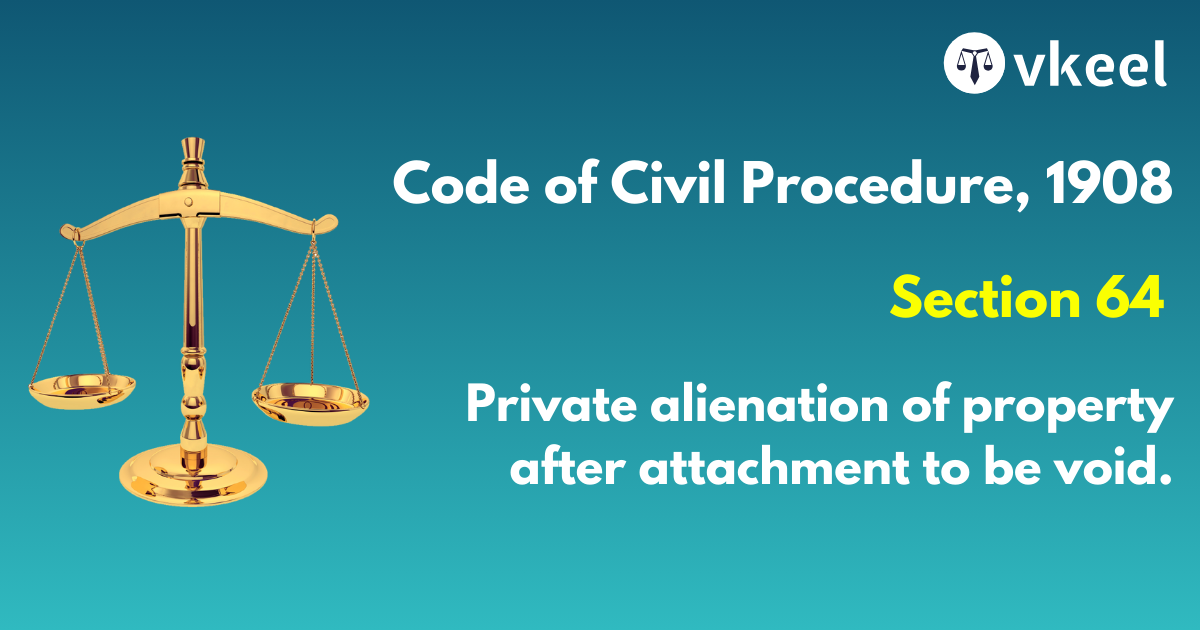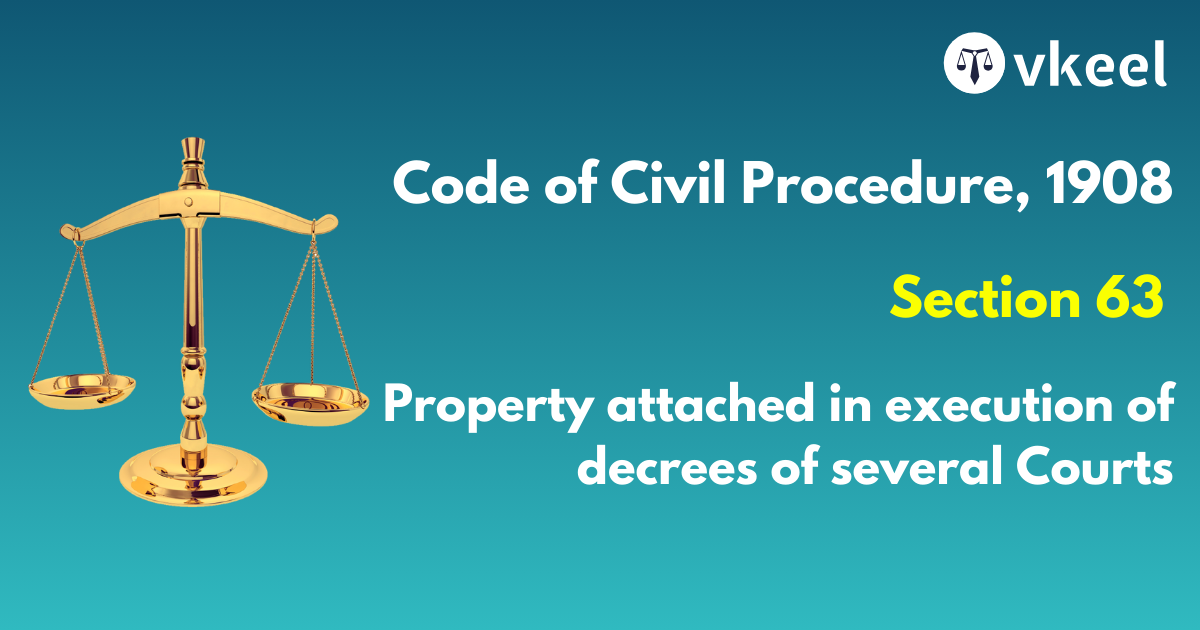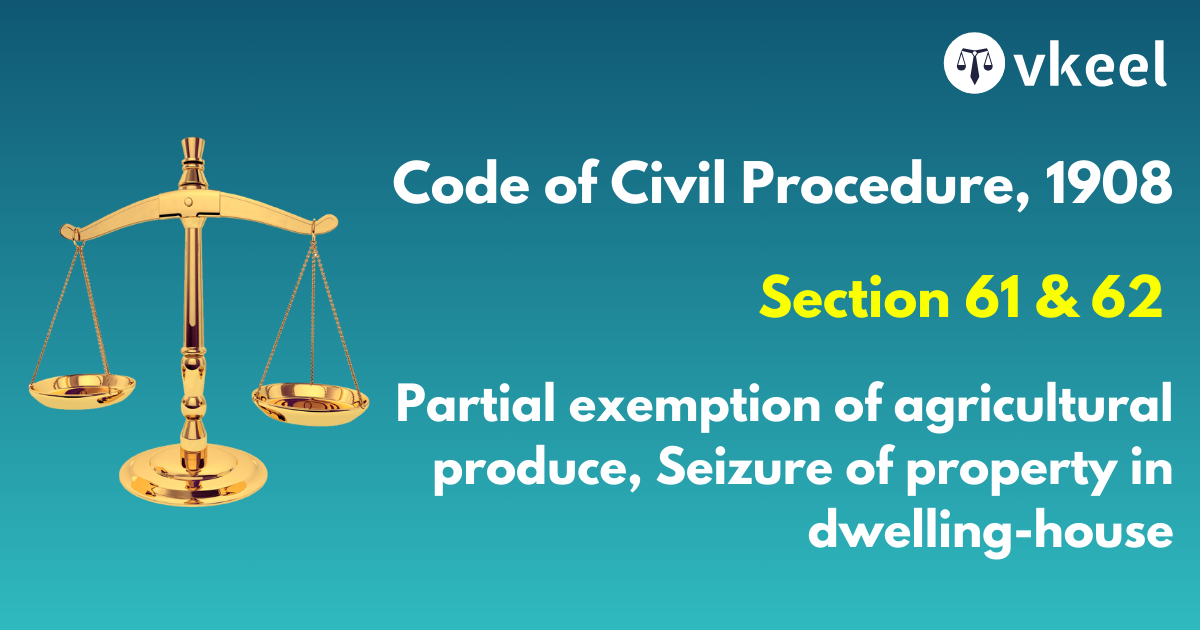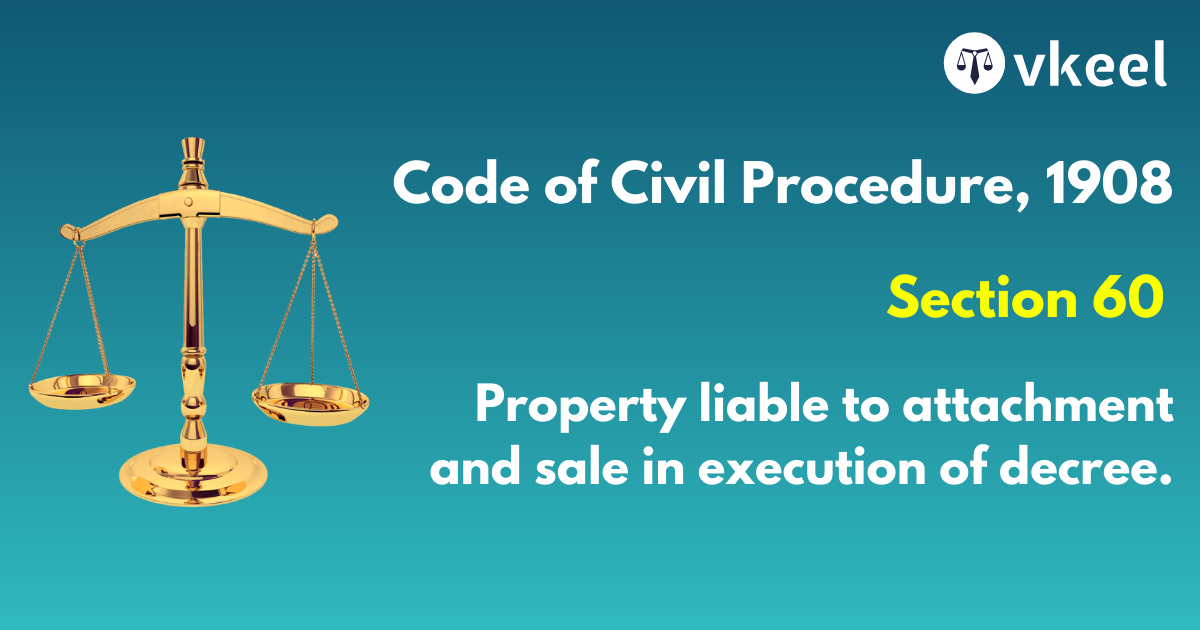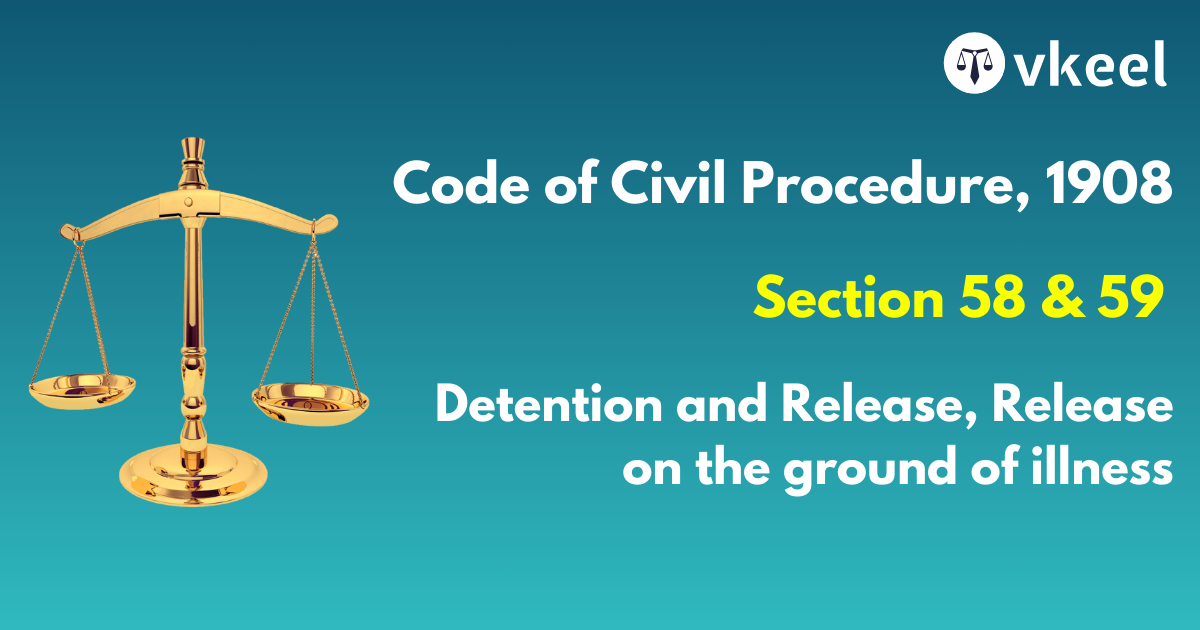Section 25 of Code of Civil Procedure,1908
By Joy Puri
Introduction
The Section 25 of the Code of Civil Procedure, 1908 if compared to the section 24 is far wider in the scope and therefore the amplitude of the section furnishes a general guideline for the exercise of the power.
To decipher, whether it is expedient or desirable in the interest of justice to transfer a proceeding to another court, is a question which depends on the circumstances of a particular case.
Section 25 of Code of Civil Procedure,1908
25. Power of Supreme Court to transfer suits, etc.—
(1) On the application of a party, and after notice to the parties, and after hearing such of them as desire to be heard, the Supreme Court may, at any stage, if satisfied that an order under this section is expedient for the ends of justice, direct that any suit, appeal or other proceeding be transferred from a High Court or other Civil Court in one State to a High Court or other Civil Court in any other State.
(2) Every application under this section shall be made by a motion which shall be supported by an affidavit.
(3) The Court to which such suit, appeal or other proceeding is transferred shall, subject to any special directions in the order of transfer, either retry it or proceed from the stage at which it was transferred to it.
(4) In dismissing any application under this section, the Supreme Court may, if it is of opinion that the application was frivolous or vexatious, order the applicant to pay by way of compensation to any person who has opposed the application such sum, not exceeding two thousand rupees, as it considers appropriate in the circumstances of the case.
(5) The law applicable to any suit, appeal or other proceeding transferred under this section shall be the law which the Court in which the suit, appeal or other proceeding was originally instituted ought to have applied to such suit, appeal or proceeding.
Landmark Case Laws
Arvee Industries And Others v. Ratan Lal Sharma, 1977
This is a new power, in the widest terms, conferred on this Court. In the old Section 25 CPC the language was different and the power was of a restricted character and was conferred on the State Government. What is expedient for the ends of justice under Section 25 CPC will have to be judged upon the totality of facts and circumstances in a given case.
Siddharth Chandorkar v. Sneha, 2019
This Court has carefully perused both the judgment of the Supreme Court and the order of the High Court. The Hon’ble Supreme Court has dealt with the scope of section 25 of CPC qua section 21-A of the Hindu Marriage Act and has held that section 21-A does not expressly exclude section 25 CPC and wide power is conferred upon the Supreme Court for transfer of suits. While analyzing the anatomy of section 21-A, the Hon’ble Supreme Court has observed that the provision contained thereunder provides for consolidation of specific nature of cases. The Supreme Court in exercise of powers under section 25 CPC can always order for consolidation of cases other than those specified under section 21-A.
Anita Kushwaha v Pushap Sudan, 2016
Section 25 CPC read with section 406 CrPC cannot be invoked for transfer of any case from the State of Jammu and Kashmir. Nevertheless, the court can direct transfer of a case if such a direction is essential to subserve the ends of justice. Access to justice is a fact of the right to life guaranteed under Article 21 of the Constitution. Even Articles 32 and 142 of the Constitution can also be invoked.
DAV Boys Senior Secondary School v DAV College Managing Committee, 2010
The mere convenience of parties may not be enough for the exercise of power but it must also be shown that the trial in chosen forum will result in denial of justice. Further, consideration are balance of convenience, or inconvenience to plaintiff or defendant or witness and reasonable apprehension in mind of litigant that he may not get justice in the Court in which suit is pending. In the interest of justice and to adherence of fair trial, the Court exercise its discretion and orders transfer in a suit, or appeal or other proceedings.
Supreme Court Bar Assn. (Regd.) v Pankaj Kumar Mishra, 2010
Suits were filed against petitioner at various places. Issues involved were almost the same. Looking to the convenience of the parties all the cases pending against petitioner were transferred to High Court of Delhi.
Indian Overseas Bank v Chemical & Co, 1979
As compared with section 24, the power of transfer of civil proceedings to another court, conferred on the Supreme Court under section 25 is far wider and so the amplitude of expression ‘expedient in the interest of justice’ which furnishes a general guideline for the exercise of the power. Whether it is expedient or desirable in the interest of justice to transfer a proceedings to another court, is a question which depends on the circumstances of the particular case.
Kulwinder Kaur v Kandi Friends Education Trust, 2008
On a reading of sections 24 and 25 of the Code together and keeping in view various judicial pronouncements, certain broad propositions as to what may constitute a ground for transfer have been laid down by courts. They are balance of convenience or inconvenience to the plaintiff or the defendant or witnesses; convenience or inconvenience of a particular place of trial having regard to the nature of evidence on the points involved in the suit; issues raised by the parties; reasonable apprehension in the mind of the litigant that he might not get justice in the court in which the suit is pending; important questions of law involved or a considerable section of public interested in the litigation; ‘interest of justice’ demanding for transfer of suit, appeal or other proceeding, etc. Above are some of the instances which are germane in considering the question of transfer of a suit, appeal or other proceedings. They are, however, illustrative in nature and by no means be treated as exhaustive. If on the above or other relevant considerations, the court feels that the plaintiff or the defendant is not likely to have a fair trial’ in the court from which he seeks to transfer a case, it is not only the power, but the duty of the court to make such order.
Conclusion
To conclude to the Section 25 of the Code of Civil Procedure, it in entire reading specifies about the transfer of the suits which vests in the Hon’ble Supreme Court of India.
Disclaimer:
The information provided in the article is for general informational purposes only, and is not intended to constitute legal advice or to be relied upon as a substitute for legal advice. Furthermore, any information contained in the article is not guaranteed to be current, complete or accurate. If you require legal advice or representation, you should contact an attorney or law firm directly. We are not responsible for any damages resulting from any reliance on the content of this website.

